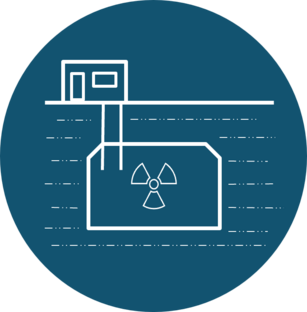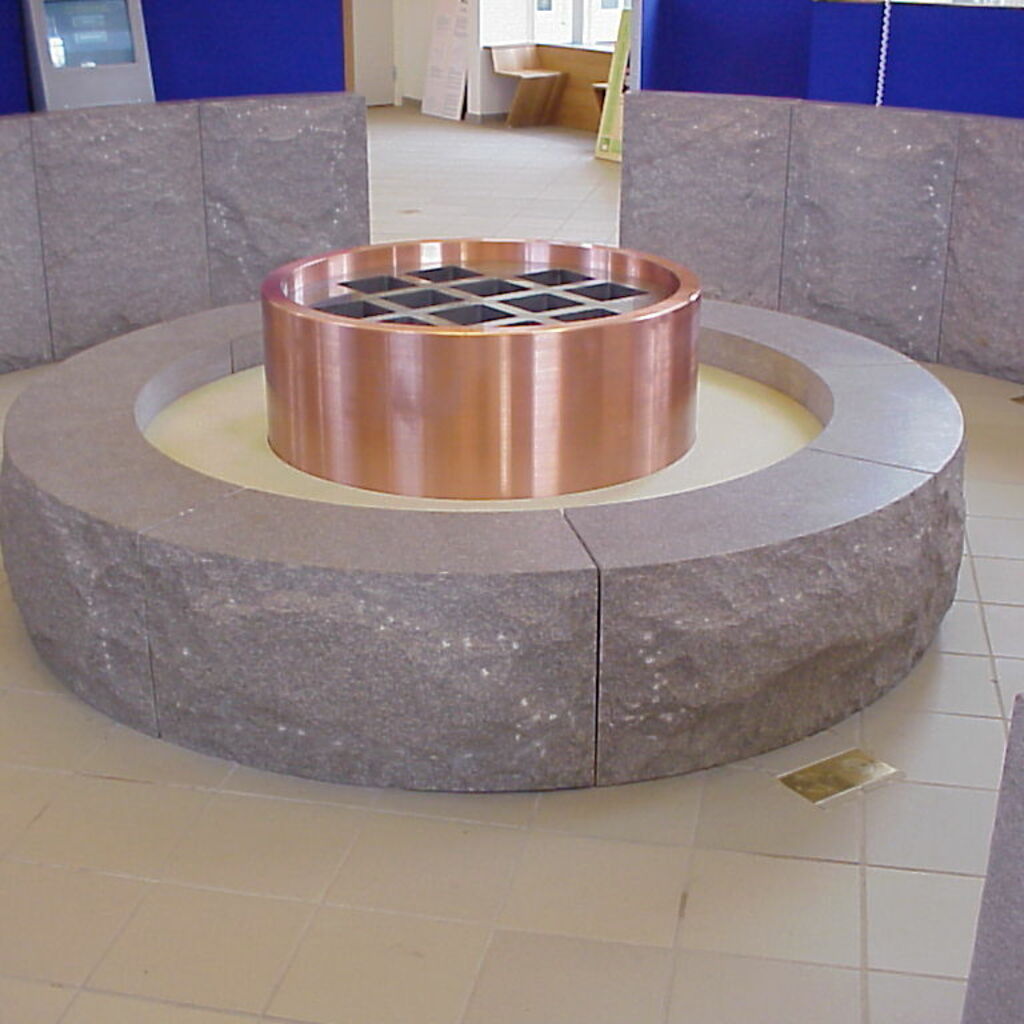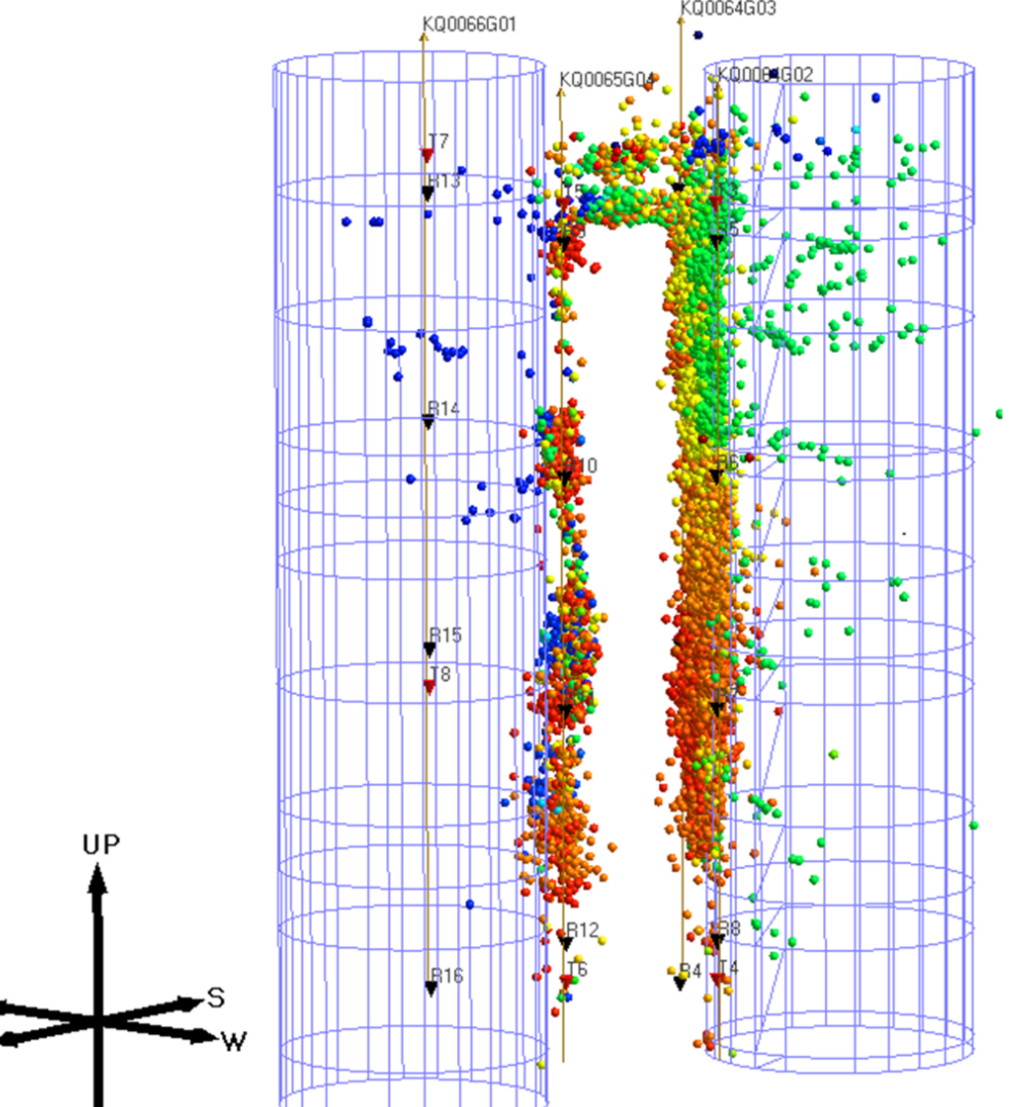

ASC provides research, consultancy and tailored technological solutions for local geosphere characterisation, remote monitoring of critical rock excavations and engineered structures in radioactive waste disposal.
In the past 25 years, ASC has been involved in the monitoring of major international projects for the feasibility of underground geological storage for the permanent disposal of high level radioactive waste. Projects include the characterisation and quantification of the EDZ in crystalline rock (Posiva, Finland; CNL, Canada), long-term baseline site monitoring (CNL, Canada), the impact of thermal loads on the host rock around canister deposition holes (SKB, Sweden; Posiva, Finland) and monitoring of sealing properties of engineered barriers (CNL, Canada).
ASC partnered in three key EU-funded research projects addressing the permanent disposal of radioactive waste:

ASC carried out the acoustic monitoring of a series of tests at SKB’s Äspö Hard Rock Laboratory to demonstrate the effect of confining pressure in a nuclear repository deposition hole on the propagation of micro-fractures, assess spalling prediction capability and investigate the effect of thermal loads on the EDZ. The overall objective was determining an optimal deposition hole density in the design of a permanent storage for high-level radioactive waste.
Different monitoring methodologies were used, combining passive and active Acoustic Emission monitoring. Click on the link to download a summary of the observations.
